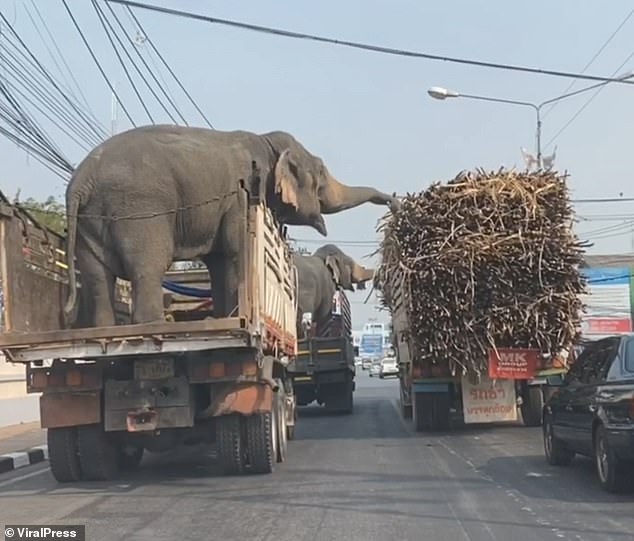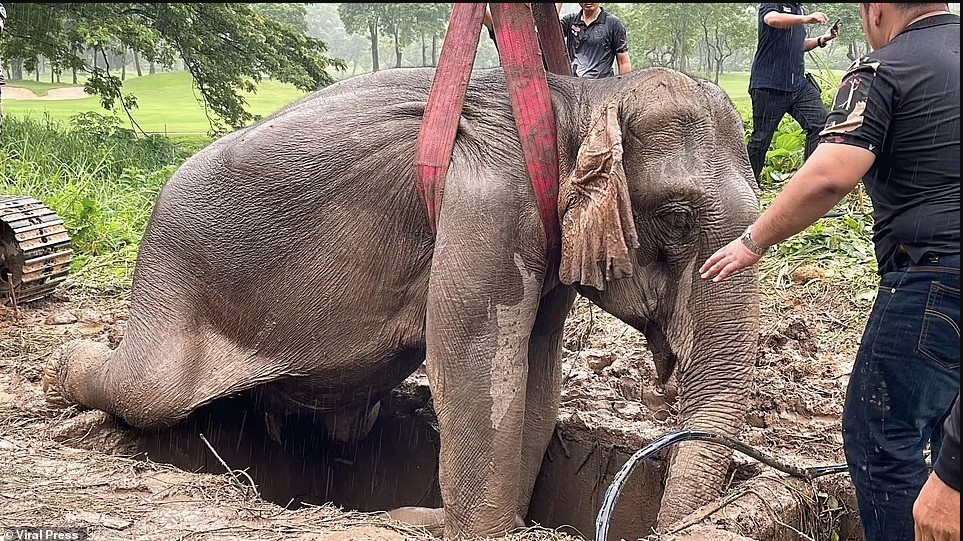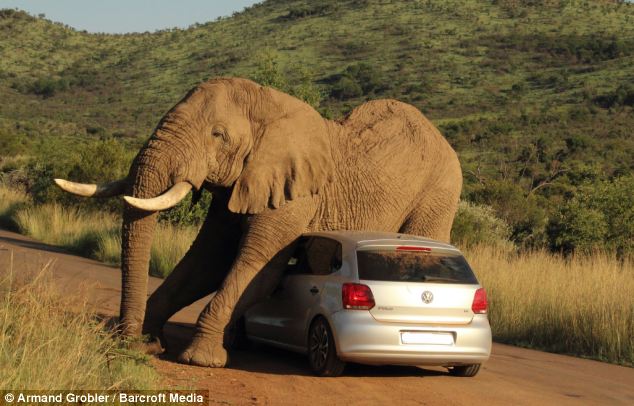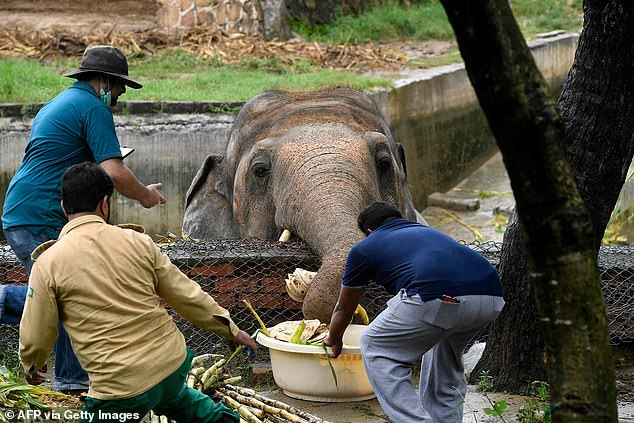The findings could help scientists learn more about how social behaviors evolved in other animals.
:focal(1266x843:1267x844)/https://tf-cmsv2-smithsonianmag-media.s3.amazonaws.com/blogging/featured/Two_red_white_and_black_woodpeckers_perched_on_a_branch..jpg)
Male acorn woodpeckers, like the one on the left, have more offspring over their lives when they’re polygamous, according to new research. (Vivek Khanzode)
Two’s company and three’s a crowd — unless you’re a male acorn woodpecker vying for the biggest brood award.
A new study, published in the journal Proceedings of the Royal Society B, found that when breeding polygamously, these feathery fathers-to-be produced 1.5 times more offspring and kept breeding two to three years longer than their monogamous counterparts.
The findings suggest that male acorn woodpeckers gain an evolutionary advantage through polygamy, because they are passing on their DNA to more offspring.
“Acorn woodpeckers have some of the most complicated social systems of any organism,” said Sahas Barve, an ornithologist and Peter Buck Fellow at the Smithsonian’s National Museum of Natural History and lead author of the study. “These findings help us understand how this social system might have evolved.”
Keeping it in the family
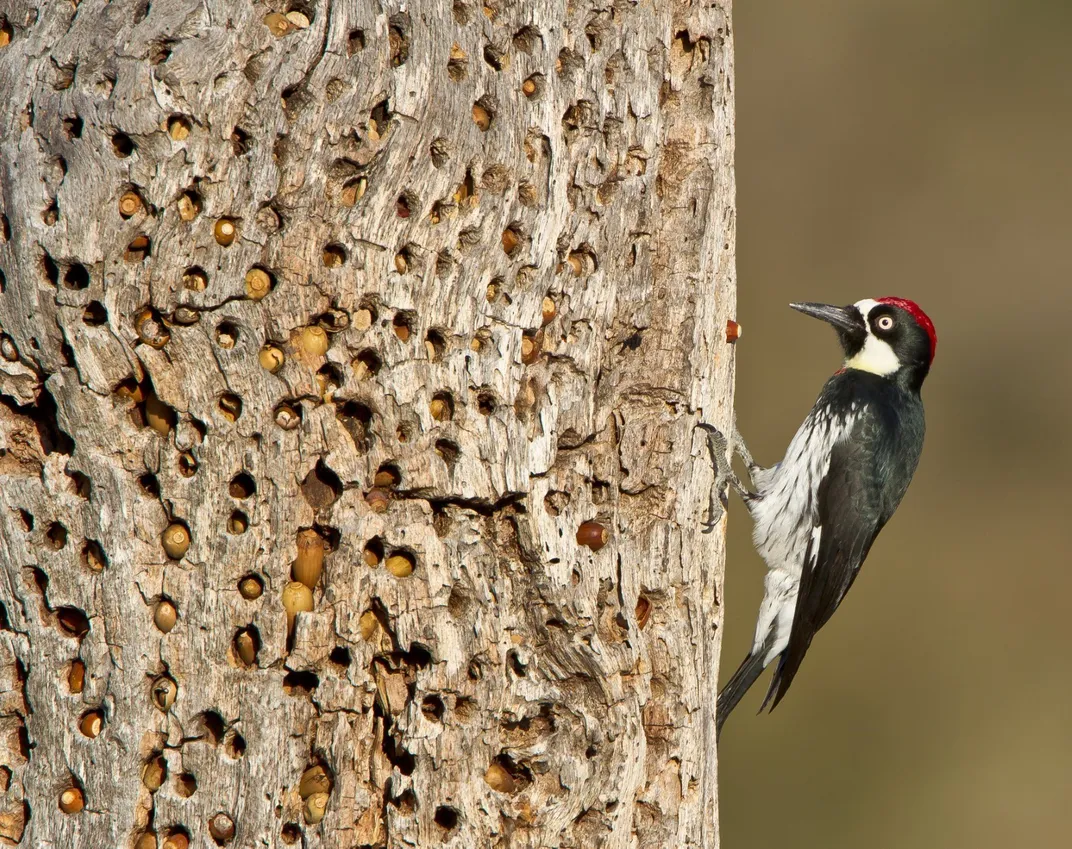
Acorn woodpeckers are incredibly territorial. They’re renowned for their fights over acorn-stuffed, dead trees, called granaries. (Steve Zamek)
Acorn woodpeckers are a uniquely social species. They live in territorial groups of 5-10 adults and their offspring usually stay around for a few years to care for younger generations before leaving.
These birds are famous for their ferocious battles over granaries, or dead trees stuffed with acorns. But their love lives are equally dramatic. Multiple brothers nest with different pairs of sisters to form a community that co-breeds and co-parents. Their behavior causes relatives to compete with each other for evolutionary fitness, measured by the success of passing down DNA.
“More offspring is considered an evolutionary advantage because you leave behind more copies of your DNA in the gene pool,” said Barve. “Evolutionary fitness is all about genetic longevity over time. The more traits that survive, the higher the fitness.”
Biologists originally thought polygamy would yield less offspring, so they turned to a concept called kin selection to justify this polygamous behavior. Kin selection is when a bird cares for its related non-descendants instead of mating to produce its own offspring. This behavior, in theory, doesn’t harm the bird’s evolutionary success, because the bird is still protecting part of its DNA that lives on in the younger generation.
“Kin selection theory suggests that since your nephew is a quarter related to you, helping raise two nephews is the same as one direct offspring, which would be half related,” said Barve. “But because so few species do it, cooperative breeding was considered a best-of-a-bad-job strategy. It was better than not leaving behind any copies of your DNA at all.”
Most animals practice monogamy and non-cooperative breeding. Based on that premise, biologists assumed co-breeding and polygamy had to be less evolutionary successful. Now, the new research challenges that assumption.
A long-term labor of love
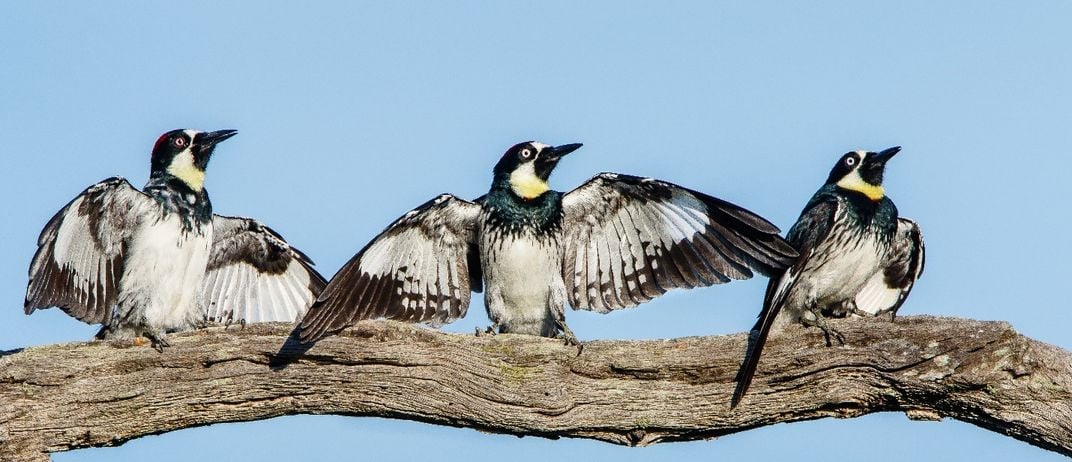
To establish their territorial strongholds, these social birds tend to form communities with their relatives and co-breed. (Steve Zamek)
Proving that kin selection, or any other cooperative animal behavior, is happening takes time. Scientists must observe and take data from many generations before they can build a comprehensive picture of an entire species’ dynamics.
“You can’t really test this without super-detailed, long-term records,” said Barve. “Fortunately, that’s exactly what we had for this study.”
Barve and his colleagues analyzed over 40 years of observations and genetic samples from 499 birds at the 2,500-acre Hastings Natural History Reservation in California.
The results showed polygamy was less important for female acorn woodpeckers, but very useful for their male counterparts. Polygamous males produced more offspring over the course of their lives and bred for a few years longer on average than monogamous males.
Beyond birdsBy studying 40 years of data about acorn woodpecker relationships, Barve and the team were able analyze the evolution of the birds’ mating behavior.
“This is something that hasn’t been shown before,” Barve said. “And it highlights the value of long-term research in animal behavior.”
After finding co-breeding has evolutionary advantages for male acorn woodpeckers, their hope is that those advantages could help scientists learn more about how social behaviors evolved in other animals.
“The mechanisms driving natural selection are the same for all life. We can use woodpeckers as a study system to understand the evolution of cooperative behaviors,” said Barve.
source: smithsonianmag.com



